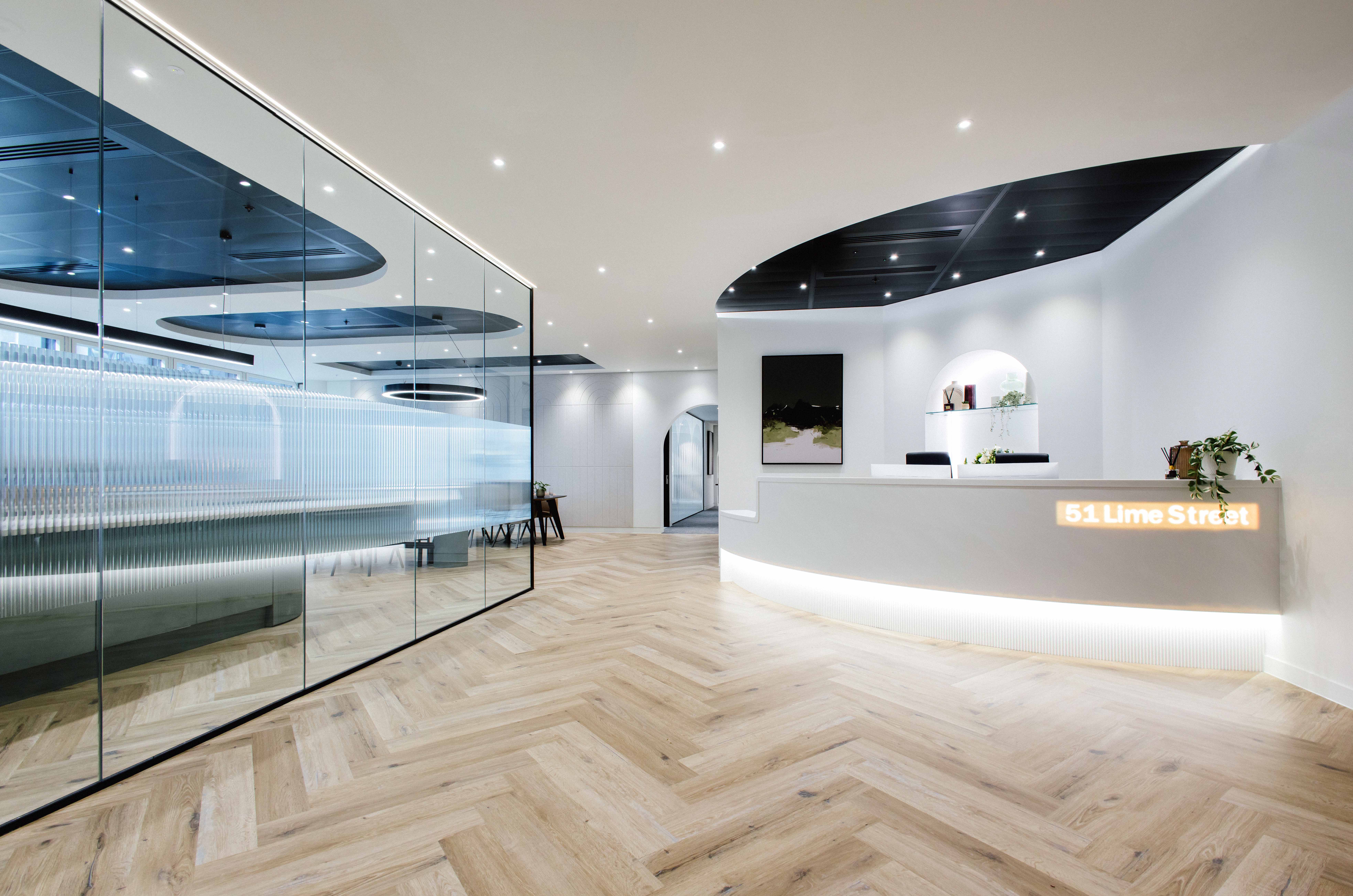




Offices starting from £65
Offices starting from £149
Offices starting from £295
Offices starting from £350
Offices starting from £200
POA
Offices starting from £275
POA
Offices starting from £225
Offices starting from £200
Offices starting from £139
Offices starting from £175
POA
POA
POA
Offices starting from £200
Offices starting from £189
POA
Offices starting from £109
Offices starting from £300
Offices starting from £50
Offices starting from £150
Offices starting from £100
POA
Items per page
Belfast is Northern Ireland's largest city, and also the nation's capital. With a population of over 645,000, Belfast is the UK's 14th most populous city, a status that was awarded to the area in 1888. Belfast is known for its fantastic travel links, especially to the mainland.
In fact, travel between Belfast and England is so common that the Belfast to Liverpool route is the most popular domestic route in the UK with over 560,000 people taking the 50 minute flight in 2010. This has meant that the area is extremely popular with companies that do business with the UK, and serviced offices in Belfast are proving almost as popular.
Tenants with access to serviced offices in Belfast have some of the best transport links in the south. Fantastic motorway links, trains, buses and airports are all plentiful and easy to access, ensuring that you are well connected when it comes to travelling to your serviced offices in Belfast.
Businesses with serviced offices in Belfast are served by two airports; George Best Belfast City Airport and Belfast International Airport.
George Best City lies just three miles from the centre of Belfast and provides passengers with UK domestic flights and trips to select European destinations. Belfast's second airport, Belfast International, offers domestic, European and worldwide flights.
Airport Code: BHD
Distance from central Belfast: 3 miles (5km)
Airport Code: BFS
Distance from central Belfast: 13.2 miles (21.3km)
Train services throughout Belfast are provided by Northern Ireland Railways. The Belfast Suburban Rail System, as it is known, serves the country’s suburban areas via three lines through Belfast’s northern suburbs, to Carrickfergus and Larne, eastwards towards Bangor and south-westwards towards Lisburnand Portadown. Belfast also has direct train links to Dublin.
Bus services in the city and the nearer suburbs are operated by Translink Metro, with services focusing on linking residential districts with the city centre on 12 quality bus corridors running along main radial roads, resulting in poor connections between different suburban areas. More distant suburbs are served by Ulsterbus.
Compared to other parts of Europe, Belfast’s population is incredibly car-dependant. In a recent study it was found that people in Belfast made 77% of all journeys by car, and just 11% by public transport. Great strides have been made to get people to adopt public transport, and a major road improvement scheme began in 2006, with upgrades and improvements to the local roads and public transport infrastructure on-going.
